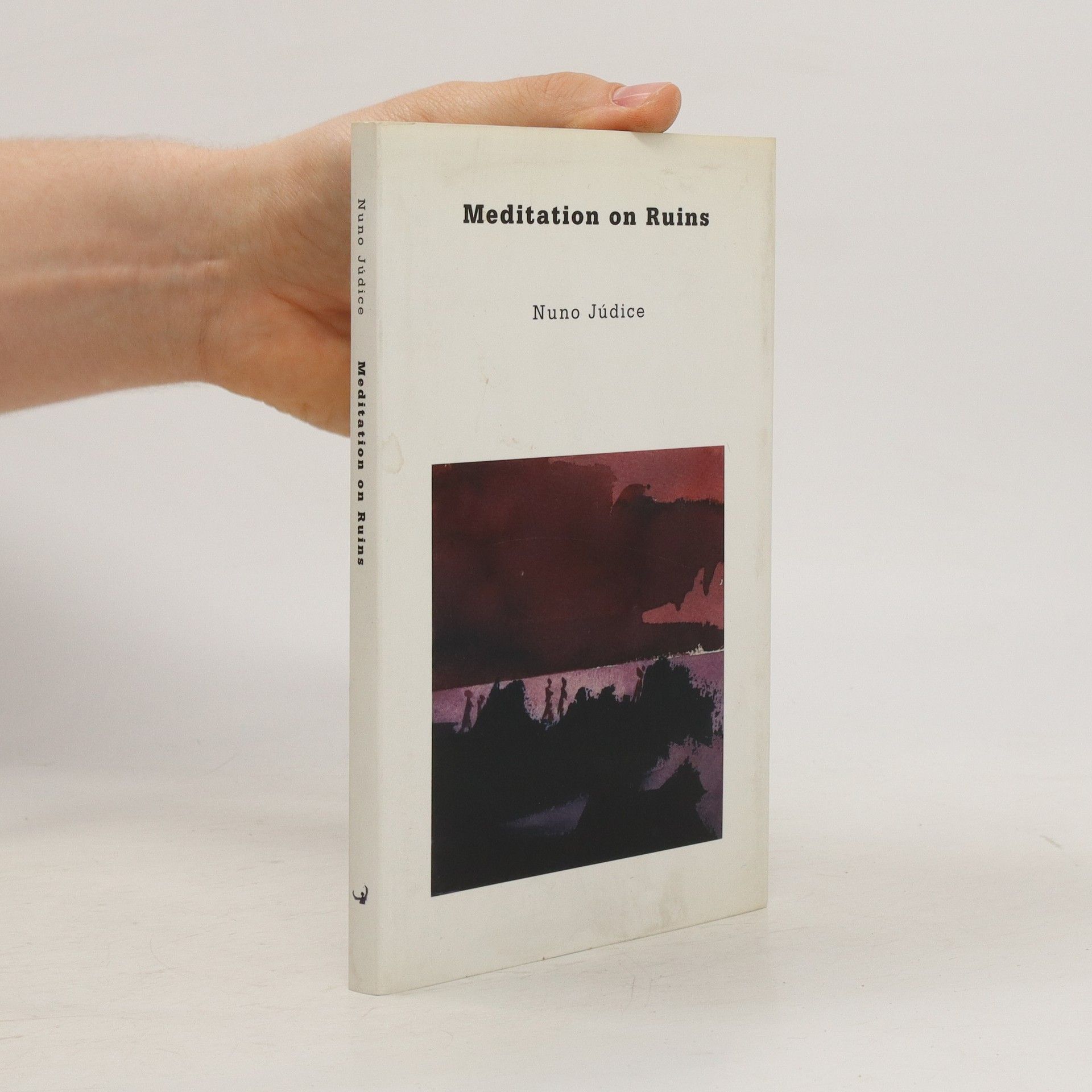Nuno Júdice Libri
Nuno Júdice si addentra nelle complessità dell'esistenza umana, esplorando temi come la memoria, il desiderio e la fluidità dell'identità attraverso metafore evocative e ricca immaginazione. La sua poesia, caratterizzata sia da lirismo che da profondità intellettuale, intreccia frammenti della vita quotidiana con interrogativi universali. Júdice tesse magistralmente i fili del passato e del presente, offrendo ai lettori una riflessione sul flusso costante del tempo e sulla ricerca di significato in un mondo mutevole.




Mirror's Edge: Exordium
- 144pagine
- 6 ore di lettura
""A prequel to the Mirror's Edge: Catalyst video game. Yearning to prove herself in the fast-paced, high-stakes world of the runners, Faith gets a job offer that may be too good to be true--and makes a rash decision that will change her life forever."--Provided by publisher"--
Portugalský spisovatel Nuno Júdice (nar. 1949) vytvořil v novele Šarlatová žena (A Mulher Escarlate, 1997) svou vlastní verzi skutečného setkání slavného portugalského básníka Fernanda Pessoy a neméně proslulého esoterického spisovatele a mága Aleistera Crowleyho, k němuž za záhadných okolností došlo v roce 1930 v Lisabonu. Třetí postavou příběhu je Crowleyho milenka Hanni Jaeger, známá jako Šarlatová žena, která anglického astrologa do Portugalska doprovázela. Fikci Nuna Júdiceho doplňují články z dobového tisku, v nichž Fernando Pessoa mystifikuje portugalskou veřejnost líčením podivného zmizení "Mistra Theriona" v přímořské Bráně pekel poblíž Lisabonu.